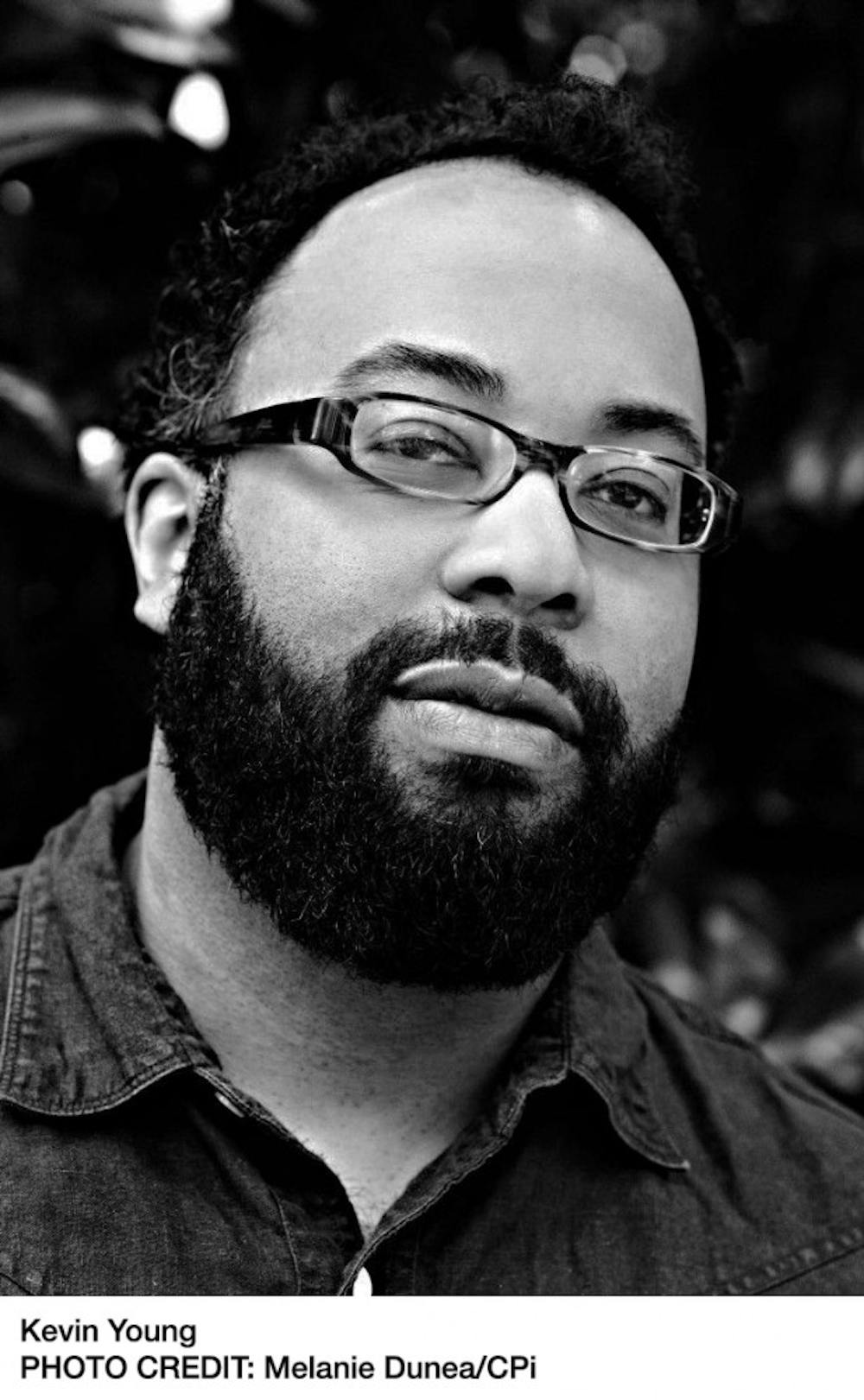Kevin Young is the author of 11 books of prose and poetry. Two of his books, "Blue Laws: Selected & Uncollected Poems 1995-2015" and "Bunk: The Rise of Hoaxes, Humbug, Plagiarists, Phonies, Post-Facts, and Fake News," have been longlisted for National Book Awards for poetry and nonfiction respectively. Young is also the director of the Schomburg Center for Research in Black Culture and is the incoming poetry editor at The New Yorker. He was recently awarded the Thomas Wolfe Prize for his writing and will receive the prize and speaking at UNC on Tuesday, Oct. 3 in a free event open to the public. University Editor Leah Asmelash spoke to Young on his accomplishments thus far and how he manages his time.
The Daily Tar Heel: What are you looking forward to with your visit to UNC?
Kevin Young: I’ve never been here before, actually, so I’m looking forward to the campus, which I just got to. It looks beautiful, and it’s nice to be at an esteemed school with a great creative writing tradition, and the Thomas Wolfe Prize is a real honor.
DTH: Paul Muldoon held the poetry editor position for a decade, and now you’re taking it over. How do you plan on making your mark as poetry editor? What things do you plan to do differently, or do the same?
KY: Well, I’m really looking forward to continuing work of nearly a century of great editors. The New Yorker published me pretty early on and it still remains a really important venue, and so I really want to honor that tradition, but of course I want to think about representing the whole of poetry. We’re in a really exciting moment in poetry I think, with a lot of new voices. A lot of the breadth of American poetry is really impressive right now, and I’d like to sort of capture that in the magazine as best we could.
DTH: You’ve written on cultural critique before in your last nonfiction book, and you’re back again to the nonfiction world with "Bunk: The Rise of Hoaxes, Humbug, Plagiarists, Phonies, Post-Facts, and Fake News," which seems really timely. What inspired you to approach the subject of fake news, and why did you decide to explore this in a work of nonfiction rather than poetry?
KY: When I wrote "The Grey Album," which is my previous book, I was really talking about the good side of lying and this is the bad side of lying. But it also just, what I’ve found always fascinates me, some of my things that I talk about at parties, or just parts of conversation, but then I was always struck by, when people sit down to write about them in the past, they always seem to think they were about fact or fiction and this made up a blurry line idea. I really couldn’t stomach that because it was clear to me that they were about something deeper and something more important, and I also wanted to know why are they happening now evermore frequently. And I both wanted to figure out if that was indeed true, which I suspected, and I think is true, and then also wanted to talk about what they were really about and why now. And then you know, the world continues to change as it always does, and some of those questions became even more pointed. And I think we have cut a name for what was happening between truthiness and fake news, I think there's a lot of be said and learned.
DTH: I know "Jelly Roll" was a finalist for the National Book Award, but how did you feel when you found out Bunk was on the longlist for a National Book Award? Are you anticipating it?
KY: I’m looking forward to the announcement, but who knows. There’s a lot of great books on the list, and I’m just happy to ... it’s really an honor to be on the long list, but it’s especially exciting because I was on the longlist last year for poetry, so to be on it in another genre is pretty cool.



